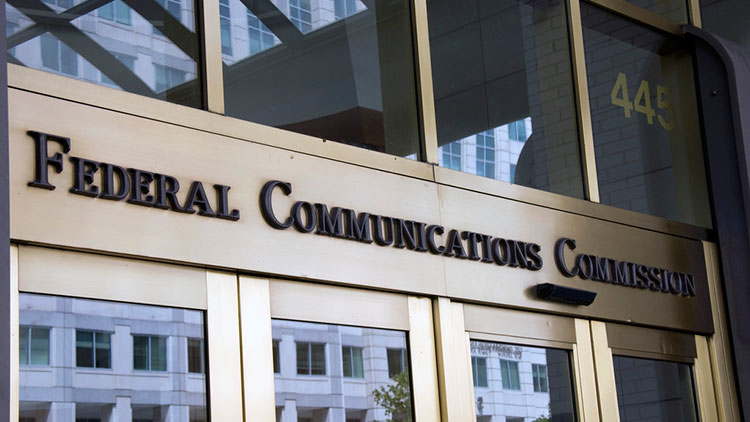NHMC Bemoans Lifeline Opt-Outs

The smarter way to stay on top of broadcasting and cable industry. Sign up below
You are now subscribed
Your newsletter sign-up was successful
The National Hispanic Media Coalition is not happy with the volume of no shows for FCC's subsidies for supplying discounted broadband service under the FCC's reformed Lifeline program, which subsidizes basic telecom services to low-income Americans.
But carriers eligible for the Universal Service Fund subsidy suggested that the administration headaches currently outweighed the attraction of the money.
NHMC gives Verizon some credit for signaling it does plan to provide Lifeline service in its FiOS footprint in mid-2017, and is encouraging the carriers who have said they might provide the discounts in the future to make those "firm commitments," but it is calling out the 80 or so ISPs, including AT&T, Cox, and Charter, for opting out.
Incumbent carriers were given first crack at the Lifeline broadband funds--the FCC is transitioning Lifeline from phone to broadband--in their areas, but a lot of money was left on the table. Then everyone else was allowed to file for it. But many of those eligible telecommunications carriers (ETCs) have opted out as well, NHMC points out.
In a contentious vote, the FCC in March agreed to allow low-income Americans to apply their $9.25 phone subsidy to broadband, but allowed Lifeline phone providers to opt out, which many have.
According to one carrier source, there are a number of reasons for not wanting to participate, at least not yet. One key reason is that the carriers would have to shoulder the cost and burden of administering the program.
One cable ISP source speaking on background pointed out that the FCC's reforms, including a database to make it easier for carriers and provide liability protection for waste, fraud and abuse claims, was a good system, but given that it would not be in place for several years, it made the program less attractive in the near term.
The smarter way to stay on top of broadcasting and cable industry. Sign up below
Essentially, the question was if the $9.25 subsidy was worth the extra headaches of administering a program that was already targeted to a high-churn population, with those associated costs, plus the higher back-office costs of the program, including running a complicated process of figuring out eligibility and documentation.
But the cable IPS source said that once the FCC's streamlined system was in place, it would be a more attractive proposition.
Contributing editor John Eggerton has been an editor and/or writer on media regulation, legislation and policy for over four decades, including covering the FCC, FTC, Congress, the major media trade associations, and the federal courts. In addition to Multichannel News and Broadcasting + Cable, his work has appeared in Radio World, TV Technology, TV Fax, This Week in Consumer Electronics, Variety and the Encyclopedia Britannica.

